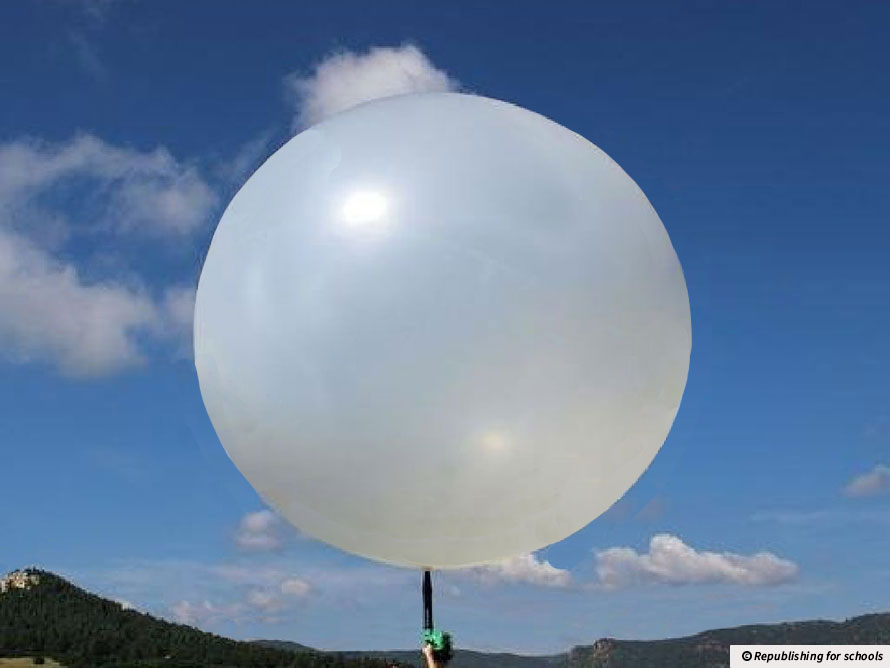Is solar radiation management wrong? Billionaires back plans to simulate volcanic eruptions to dim the sun. But scientists warn the technology could have unintended consequences.
Quick fix for climate change could be deadly
 Brilliant or just bizarre? Some scientists want to recreate the effect of erupting volcanoes.
Brilliant or just bizarre? Some scientists want to recreate the effect of erupting volcanoes. Glossary
Climate change - Long-term shifts in temperatures and weather patterns. Human action is a major cause of climate change.
Bill Gates - Founder and former CEO of Microsoft, the company responsible for popularising household computers in the 80s (and still one of the major global tech companies). His house on the shores of Lake Washington is called Xanadu 2.0. It took seven years to build and is seen as an early example of a smart home.
Stratosphere - A layer of the atmosphere which extends for 31 miles above the Earth’s surface.
CO2 emissions - When a gas is let off from something, like a car, it is an emission. Carbon dioxide, or CO2, is a greenhouse gas that contributes to global warming.
Geoengineering - Deliberate attempts to intervene in the Earth's natural processes to counteract climate change on a large scale.
Complacent - Feeling that you do not need to do anything about a situation. For example, somebody with very high grades at school might think they do not need to work hard any longer.
Greenhouse gas - Gases in the Earth's atmosphere that trap heat, contributing to global warming. Carbon dioxide, methane, nitrous oxide and water vapour are all greenhouse gases.
Regulation - When governments step in to control what (and how) people buy and sell things.
